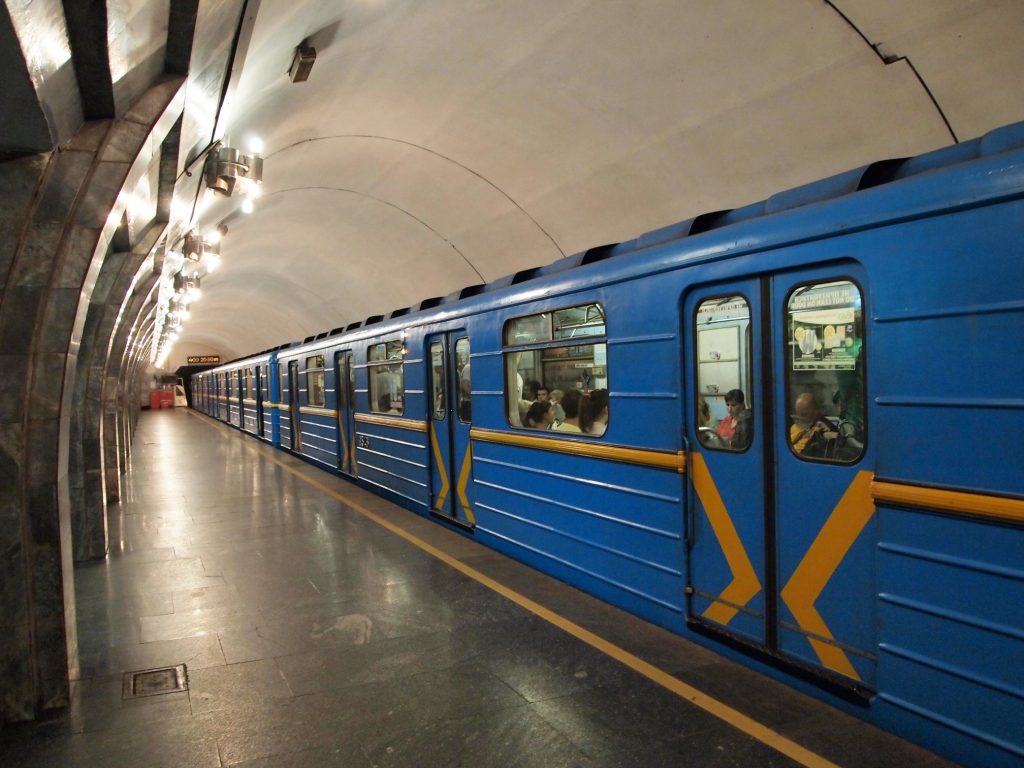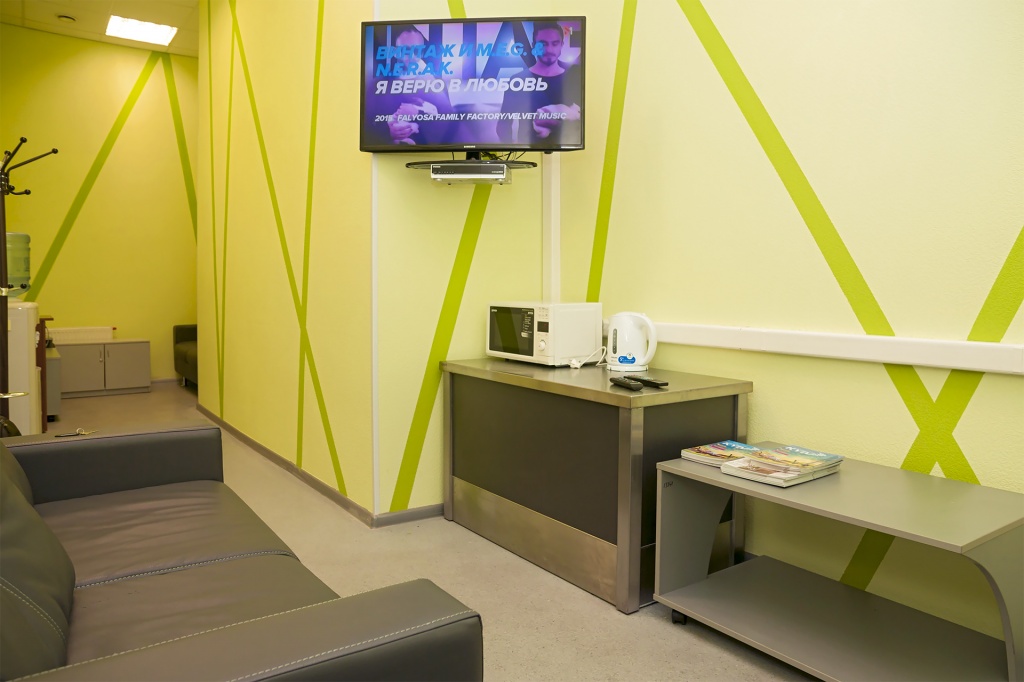As the new school year approaches, Kharkiv, a city in Ukraine, is implementing a unique approach to education. Students will commence their academic year through a predominantly remote format, but with a twist. The city’s mayor, Igor Terekhov, has unveiled a plan that involves Kharkiv students attending offline classes in the metro system multiple times a week. This innovative approach aims to balance safety and in-person learning, providing students with a distinctive educational experience.
Blending Online and Offline Learning: In a departure from the conventional schooling model, Kharkiv is set to introduce a blended learning approach. Students will engage in remote learning for most of the week, harnessing the power of digital tools and platforms to access their lessons. However, what sets this strategy apart is the inclusion of offline learning sessions. Three to four times a week, students will gather for in-person classes within the city’s metro stations. This arrangement not only promotes educational continuity but also allows students to experience a dynamic learning environment.
Metro Stations Turned Classrooms: To facilitate this groundbreaking educational model, Kharkiv’s metro stations have been repurposed to accommodate classrooms. These spaces are being equipped with essential amenities such as air purification systems, appropriate lighting, and restroom facilities. The city’s innovative approach showcases its commitment to adapting existing infrastructure for novel purposes, enabling efficient and safe educational spaces.
The Selection of Metro Stations: Five metro stations have been chosen as the venues for these unconventional classrooms. The stations have been strategically selected to ensure accessibility and convenience for students participating in the program. This selection process emphasizes the city’s dedication to providing equal educational opportunities for all students, regardless of their location within the city.
Creating Classroom Capacity: Kharkiv has gone the extra mile to establish an environment conducive to effective learning. The city has organized a total of 60 classrooms, which will cater to the educational needs of 1,003 students. This signifies a commitment to maintaining reasonable class sizes, promoting interactive learning, and fostering individualized attention – key elements that contribute to a successful educational experience.
Supporting Students Holistically: In addition to reshaping the learning environment, Kharkiv’s approach includes provisions for student welfare. Nutritious meals will be provided to the students free of charge, ensuring their well-being during their time at the metro stations. Furthermore, transportation will be made seamless for the students; they will be ferried to the metro stations via dedicated buses, further streamlining the logistical aspects of this novel learning approach.
Kharkiv’s pioneering educational model offers a glimpse into the future of learning. By merging online and offline components, the city is striving to provide a comprehensive and engaging educational experience for its students. As the academic year kicks off, this innovative approach will be closely observed, potentially inspiring similar adaptations in other regions. With its emphasis on safety, accessibility, and effective learning, Kharkiv’s blended learning initiative has the potential to reshape the way we think about education in a post-pandemic world.





